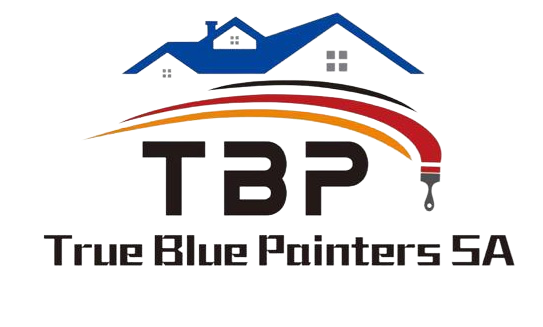Industrial Painting

Industrial Painting
When homeowners plan to paint their houses, usually the biggest question in their minds is what color they should choose. That’s because the primary objective of paint in a home is decoration. Certain paints may be better suited for use in bathrooms or in high-traffic areas, but for the most part painting a room in a house is fairly straightforward once you decide on a color.
The same cannot be said, however, for industrial painting. That’s because the types of coatings used in these environments have to do much more than look good or stand up to the occasional scuff. Manufacturing facilities, processing plants and other heavy-duty properties need their paint to deliver a high performance in a number of areas beyond mere aesthetics.
That’s why it is crucial for the owners and operators to turn to experienced professionals who know how to deliver the protection and efficiency of industrial paints and coatings.
OUR SERVICES
Industrial Painting Prevents
Corrosion
Perhaps the most common application for industrial coatings is to guard against rust and corrosion. This is essential not only because equipment may be exposed to water, but also because of the highly caustic chemicals found in many manufacturing and processing plants. Due to the intensive nature of industrial processes, mechanical components can begin to break down in mere months without adequate protection. This is especially true of anything that must spend extended periods of time outdoors exposed to the elements.

- Chemicals and Unprotected materials
The interaction between chemicals and unprotected materials such as metal or plastic is what causes them to break down over time. These reactions eventually cause the materials to become more vulnerable and less stable, which can result in failure. High-quality coatings are formulated specifically to be nonreactive. This ensures that anything coated by them will remain in good condition for much longer than it would otherwise.
- Coatings play a role
Although it’s not as obvious as their other applications, these coatings play a role in improving energy efficiency that cannot be overlooked. Large-scale facilities often require a significant amount of cooling to keep them comfortable for employees and ensure the efficient operation of machinery. However, running air conditioners and other cooling systems can be very expensive and contribute negatively to a business’s carbon footprint.
- Reflective industrial paints that bounce heat away
This is why reflective industrial paints that bounce heat away from walls instead of absorbing it can go a long way toward reducing a building’s energy consumption. These coatings use light colors and specially formulated chemical compounds to deflect heat and sunlight, so they help keep facilities cooler during the day and reduce their dependence on HVAC systems. Not only can this be highly effective, but it is also relatively inexpensive compared to other methods.
- Choosing Paints Matters
The owners of industrial buildings have reasons for industrial painting that are much different from those of the average homeowner. They have more to consider when choosing the paints and professionals to handle the job. In an industrial context, it results in better performance, longer lifespan and an overall more profitable enterprise. Because so much rides on their abilities, industrial painting industrial painters need to be a breed apart from the rest of the industry.
